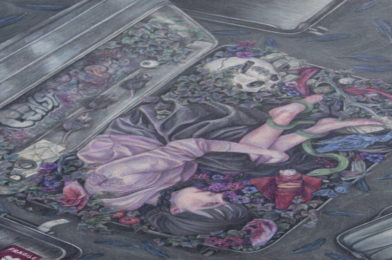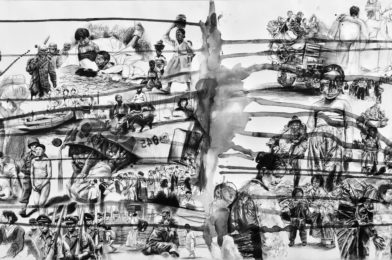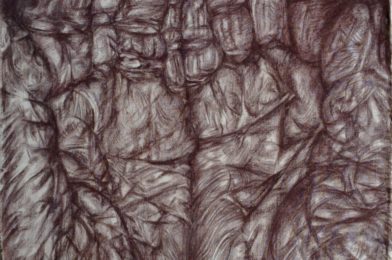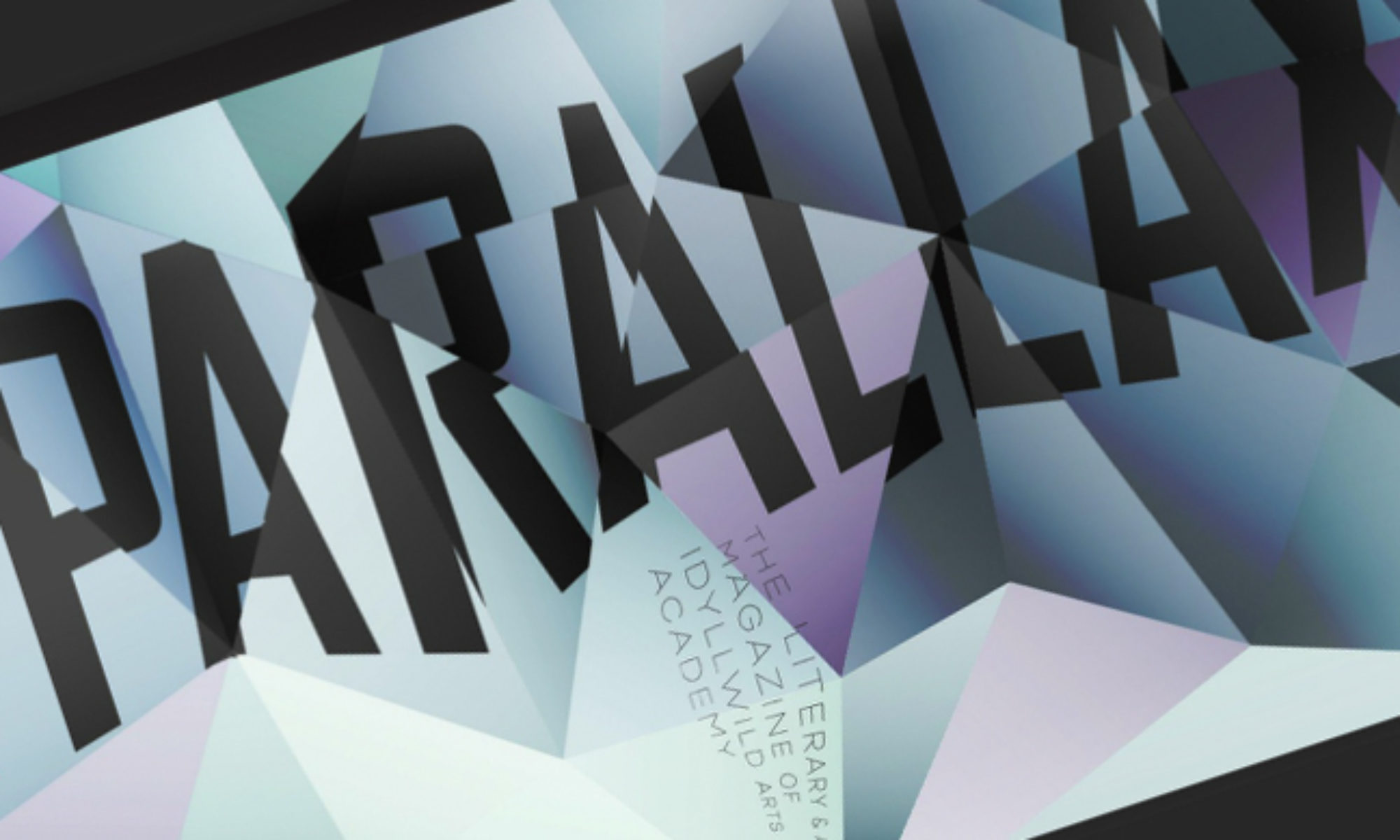200%.
It’s a steaming mid-July day. The moving company is supposed to arrive in a few hours, but we still haven’t packed all our belongings. The morning flies past as my sister and I scurry through the jumble while our parents work their way through every corner of the house. I cover the vintage dishes in bubble wrap while my twin tapes the boxes with please-don’t-throw signs. The moving truck arrives, and we skip lunch. I watch the frustration rise as the huffs of my parents and the puffs of the movers’ ring across the tiny house. Tension mounts as the clock ticks closer and closer to 6 pm, the time when the house needs to be entirely cleared and when we need to be out of the house. It’s 5 pm, and all the big furniture has moved to the new house. I circle around empty rooms I once labeled as my bedroom. It’s a strange feeling because the space is much more open but the air still feels tight. I am soothing my cat in the master bedroom when I hear my mom cry out from the backyard. I soon realize that we have less than twenty minutes left to clear the entire backyard, the shed, and the garage, which never came into our minds to clean before. We grab as much as we can and drag them into the house. We build a Pisa tower with cans of paint, rolls of paper half-gnawed by rats, and branches once transformed into magic wands in sixth grade. While we stuff them into the remaining plastic bags, I feel adrenaline rush through my veins as I give quick glances at my watch. It’s 5:55, and the front door swings open. It’s the new owners of the house. They’re early, and they look mad that we aren’t out of the house yet. By 5:58, one of them, a man, throws a tantrum, yelling in a language I do not recognize, while kicking our boxes almost out the door. At 6:00, we are out of the house, but the boxes of junk are still sitting on the driveway. I feel I am in the center of attention as the man and my mom continue to shout, each in their world of defense. But all I feel is the shame upon the tower of junk we drag out of the house in front of the entire neighborhood. It is at that moment that I feel the rich flavor of humiliation.
For my whole life, I have lived in absolute disarray, in ways both physical and psychological. However long I live in a particular house, it is only a matter of a few weeks when cleaning becomes the mission of Hercules scrubbing the Augean stables. Laundry stretches across beds, plastic bags cover kitchen floors, uneaten food occupies the fridge, and impossibility settles upon the carpeted closets to be vacuumed inside. I am Atlas crushed by the weight of possessions. It’s not that I am entirely underprivileged, but luck always finds a way to slip by me, mockingly brushing past my life. Family matters get worse and worse until arguments become a weekend ritual. While financial problems and conflicts build-up, self-confidence plummets. No matter how many times I make wishes while blowing candle after candle on birthdays, nothing changes. Life has become a continuous cycle of clutter. Time chases me down, while clicking submit buttons at 11:59pm’s, rushing back and forth to meetings and pointless destinations, to-do lists are now a Sisyphean struggle. I am a maximalist.
180%.
Quarantine is helping me change that. I catch onto the Gen Z trend of reorganizing bedrooms to fight off boredom. At the same time, my mom introduces me to the world of “minimalism,” and with it comes a series of nagging to clean my room. And so it begins. A journey towards emptiness.
I embark on a 1000 item challenge. First, the decade-old desk hutches, then the roll of flyers picked up from volunteering, booklets from university fairs, artworks from kindergarten, and dried-out pens leave the house one after another. Shelves and drawers are emptied until I can finally clear the dust off them. For weeks, I move from room to room, peeking into every furniture, poking at every binder, bag, and box, wondering what I can get rid of. It is in these moments that I feel a surge of triumph rushing through. I partake in a game of no wins, competing against my maximal self. Instead of searching for gold coins and treasure chests, I search for trash. As I progress further, I no longer spend time looking for things and where I’ve left them. Frantic runs to the lost-and-found during after-school hours, and passing of missing water bottle sketches are reduced to a minimum. By getting rid of things, I find more value in everything I possess.
170%.
A warning pops up, ‘Are you sure you want to remove them?’
“Yes.”
Remove. Remove. Remove.
Satisfaction bubbles up as my fingers work their way through the phone, removing every
app I haven’t used in the past month. I’m getting better at this thing, this endeavor of
emptying.
Unsubscribe. Unsubscribe. Unsubscribe.
I feel less chaos in my inbox. I set a time limit for notifications.
Delete. Delete. De-
My fingers pause mid-air. I zoom into the picture, and I see my mom laughing, from three years ago. A rare picture of her. I find myself smiling until my mouth becomes a counterpart of my mom’s. I decide to keep the valuable ones.
140%.
I am determined to dive deeper into minimalism. I wish to leave behind as little waste as possible. However, it’s not an easy choice for a maximalist, and I realize that it must be a task of joined forces, involving the entire family. While I give up my unconditional obsession with cute stationeries, mom makes wipes out of old cloth. Dad makes trivets out of leftover wood while my sister ceases to order food. Checkouts at groceries become a polite series of no thank-you’s to plastic bags. When we decide to abandon the use of shampoo, I begin to wonder if minimalism has brought me a lifestyle backward in time. I feel like I’m fighting the currents of modern society. But it feels good. Good to be doing good for the earth.
110%.
I watch my possessions, leaving me one by one. Some move on for the better. Unused craft supplies, almost-new clothes, and childhood books are donated. My heart drums the loudest when they get sent to people in need, to people who have recently settled into the country. In the face of the current pandemic, I see a pattern of selfishness among people, stocking up their unnecessary needs, driven by public psychology. And I want to advise them, declutter.
100%.
I sit in front of the windows of the master bedroom, watching the late afternoon sunlight flooding in. Instead of squeezing in through furniture and possessions, light fills the entirety of the room, where my cat bathes. It’s my favorite time, the romantic period of the day, and a newly acquired luxury. I realize that home has become a space containing meaning. Time runs at a slower pace these days. In truth, I am nowhere close to the end, nowhere close to being a minimalist. But more than ever, I find myself living the moment. I tend to see the big picture more often. I no longer try to pursue perfection but, instead, find satisfaction within my weaknesses unique to myself.
There is beauty in being decluttered, beauty in emptiness, beauty in finding the internal beauty. Most importantly, I feel so light. It’s still the same old life, even plainer than ever, but I see it in a new light. I now wish to live a life where I fill the emptiness with “me.”
Grace Hur is currently a junior attending Sir John A. Macdonald Secondary School. She loves to voice herself through many mediums, her favorite being Instagram. She calls herself a passionate writer and a student leader but in truth, she’s just a typical teenage girl with a terrible sense of direction.
Art by Saki





